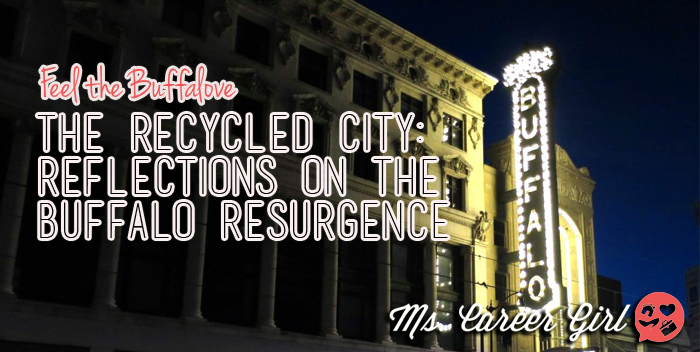10 Important Questions to Ask in an Interview

You’ve landed an interview — congrats! With any luck, your hunt to find an internship or a job will soon be over. The next step is to impress the hiring manager and convince them that you’re the right person for the role.
One way to make a positive impression on hiring managers? Preparing a list of insightful questions to ask them. Asking the interviewer questions about the position and company shows that you’re interested in the job and want to succeed in your new role.
At the end of the interview, chances are good that the hiring manager will ask if you have any questions for them. Below, here are some important questions to consider asking the interviewer.
What does success look like in this role?
You should already know what your daily responsibilities are supposed to include based on the job description. But what does success look like in your position?
This question accomplishes two things. First, it shows the interviewer that you don’t want to be merely passable at your job — you want to excel in this position. Asking this question also gives you a better idea of the tasks you’ll be asked to do and the level of responsibility you’ll have in this position.

What would a typical work week look like for me?
Sure, the job description says you’ll be attending meetings, but how many per week? Which departments will you be working with the most? By asking this question, both you and the hiring manager can set expectations early.
Is there room for advancement in this position?
At some point, most people want to move up in their careers. Asking the interviewer about advancement opportunities will hopefully give you a clearer picture of your career trajectory within the company. Additionally, this question indicates that you’re interested in sticking around for the long-term.
What can I start working on today that would make me more effective if hired?
Whether you’re applying for an internship or an entry-level job, this is a great question to ask the interviewer because it shows strong enthusiasm and the desire to succeed. Plus, if you’re applying for a tech position, the interviewer is bound to have some useful answers for you. For instance, they could tell you which programming languages or software tools their company uses, which would give you the chance to familiarize yourself with them before your official start date.
What is your company’s approach to team-building?
Team-building makes everyone’s lives easier. On the employee side, it allows for better communication and gives you the chance to learn new things from your colleagues. On the employer side, it boosts productivity and employee morale. Generally, it’s a good sign if the company provides plenty of team-building activities for their employees.

What do you personally find the most rewarding and the most challenging thing about working here?
This question forces the interviewer to really think about what they personally like and dislike about working for the company. Be aware that they may find a way to side-step the “challenging” part of the question. However, they should be able to give you at least one thing they’re enthusiastic about — and, ideally, it should be something other than just, “the people are great!”
How are employees recognized for their efforts?
Feeling appreciated at work may seem like a small thing, but it matters — a lot. One study of more than 200,000 employees showed that 79 percent of employees who quit their jobs cited a lack of appreciation as a key reason for leaving.
Asking this question can potentially tell you a lot about a company’s culture. Plus, it gives you a better sense of how employees are treated at the company.
I read that your company values [insert company value here]. What traits do you look for in employees in order to represent those values?
This is another question that can provide good insight into the company’s culture. It also shows that you’ve done your homework, which hiring managers appreciate. Note: If the company doesn’t have a list of values on their website, you can modify the question to ask what values they hold.
Why is this position open?
For such a simple question, it can reveal a lot about the company and/or management. For example, if they say that the person left after working for five or more years at the company, that’s a positive sign that the company is a good place to work for. If they say the person left to “pursue other opportunities,” they could be telling the truth. On the other hand, it could be code for “they were fired.”
If they say that the position is new, it could indicate that the company is growing. If you don’t mind the growing pains, this could be a great opportunity to get promoted quickly.
Is there anything about my resume or my background that makes you question whether I’m a good fit for this position?
The hiring manager clearly liked your resume enough to call you in for an interview. But what do they think now, after they’ve gotten more details about you? This question gives you the chance to respond to their concerns and clear up any lingering doubts they may have about you. If the hiring manager has no concerns, then that’s good! It means you’re likely a strong contender for the position.
After the interview is finished, don’t forget to thank the hiring manager for their time. It’s also a good idea to send a follow-up email if you don’t hear back within five business days. Keep it short and sweet! Then, try to rest easy knowing that you’ve done everything you possibly can to maximize your chances of getting the job.




